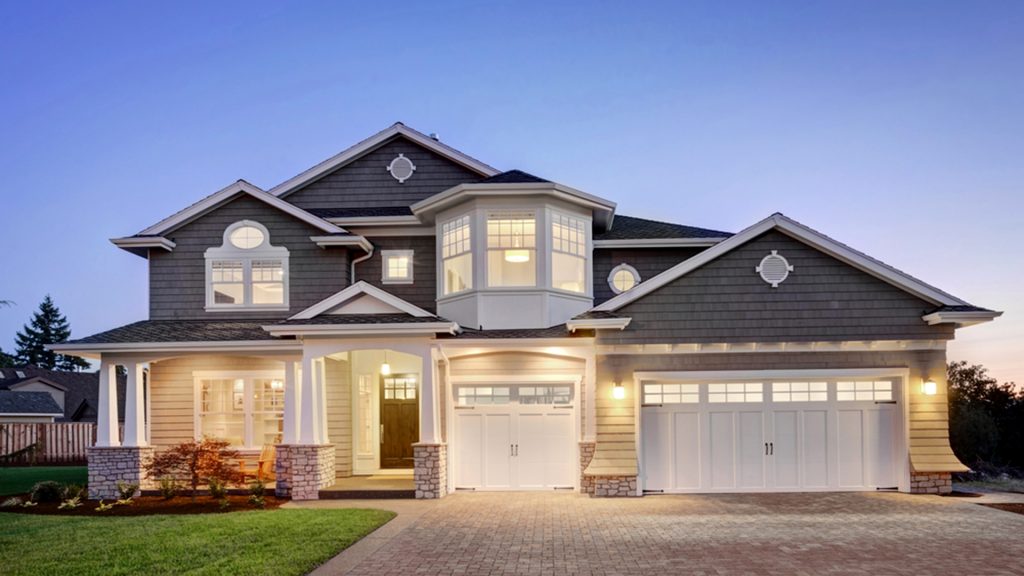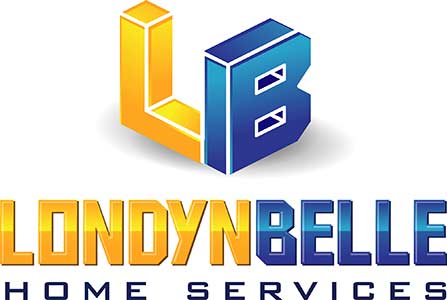Is FHA loans easier to get but more in default

FHA loans easier to get – but more in default
Riskier borrowers are making up a growing share of new mortgages, pushing up delinquencies modestly and raising concerns about an eventual spike in defaults that could slow or derail the housing recovery.
The trend is centered around home loans guaranteed by the Federal Housing Administration (FHA) that typically require downpayments of just 3 percent to 5 percent and are often snapped up by first-time buyers. The FHA-backed loans are increasingly being offered by non-bank lenders with more lenient credit standards than banks.
The landscape is nothing like it was in the mid-2000s when subprime mortgages were approved without verifying buyers’ income or assets, sparking a housing bubble and then a crash. Still, for some analysts, the latest development is at least faintly reminiscent of the run-up to that crisis.
“We have a situation where home prices are high relative to average hourly earnings and we’re pushing 5 percent-down mortgages, and that’s a bad idea,” says Hans Nordby, chief economist of real estate research firm CoStar.
The share of FHA mortgage payments that were 30 to 59 days past due averaged 2.19 percent in the fourth quarter, up from about 2.07 percent the previous quarter and 2.13 percent a year earlier, according to research firm CoreLogic and FHA. That’s still down from 3.77 percent in early 2009, but it represents a noticeable uptick.
While that could simply represent monthly volatility, “the risk is that the performance will continue to deteriorate, and then you get foreclosures that put downward pressure on home prices,” says Sam Khater, CoreLogic’s deputy chief economist. Such a scenario likely would take a few years to play out.
The early signs of some minor turbulence in the mortgage market add to concerns generated by recent increases in delinquent subprime auto loans, personal loans and credit card debt as lenders target lower-income borrowers to grow revenue in the latter stages of the recovery.
FHA mortgages generally are granted to low- and moderate-income households who can’t afford a typical downpayment of about 20 percent. In exchange for shelling out as little as 3 percent, FHA buyers pay an upfront insurance premium equal to 1.75 percent of the loan and 0.85 percent annually.
FHA loans made up 22 percent of all mortgages for single-family home purchases in fiscal 2016, up from 17.8 percent in fiscal 2014 but below the 34.5 percent peak in 2010, FHA figures show. The share has climbed largely because of a reduction in the insurance premium and home price appreciation that has made larger downpayments less feasible for some, says Matthew Mish, executive director of global credit strategy for UBS. House prices have been increasing about 5 percent a year since 2014.
At the same time, the nation’s biggest banks, burned by the housing crisis and resulting regulatory scrutiny, largely have pulled out of the FHA market as the costs and risks to serve it grew. Non-bank lenders, which face less regulation from government agencies such as the FDIC, have filled the void.
Non-banks, including Quicken Loans and Freedom Mortgage, comprised 93 percent of FHA loan volume last year, up from 40 percent in 2009, according to Inside Mortgage Finance. Meanwhile, the average credit score of an FHA borrower has fallen modestly since 2013. Mish says non-banks generally have looser credit requirements, and lenders have further eased standards – such as the size of a monthly mortgage payment relative to income – as median U.S. wages stagnated even as home values marched higher.
Here’s the worry: If home prices peak and then dip, homeowners who put down just 5 percent and are less creditworthy than their predecessors and will owe more on their mortgages than their homes are worth. That would increase their incentive to default, especially if they have to move for a job or face an extraordinary expense, Khater says. Foreclosures would trigger price declines that ignite more defaults in a downward spiral.
In turn, funding for the non-bank lenders from banks and hedge funds likely would dry up, and FHA loans would be harder to get, dampening housing.
Guy Cecala, publisher of Inside Mortgage Finance, says such fears are unfounded, citing some complaints that FHA mortgage standards are too rigorous.
“The non-banks (bring) a welcome change,” he says. They must meet FHA standards, he says, and are overseen by the Consumer Financial Protection Bureau.
Bill Emerson, vice chairman of Quicken Loans, the top non-bank lender, says the credit standards of his firm and his peers are stringent by historical standards and seem looser only because banks tightened requirements after the housing crash.
“I don’t have any concerns about” a potential rise in bad loans, Emerson said.
Source: Florida Realtors
-
New$423,000
Spanish Wells
Courtesy of Dellatore Real Estate Company
2 BEDS2 BATHS1500 SQFTShare this Property -
New$509,000
Village Walk Of Bonita Springs
Courtesy of DomainRealty.com LLC
2 BEDS2 BATHS1534 SQFTShare this Property -
New$439,000
Cordera
Courtesy of MVP Realty Associates LLC
3 BEDS3 BATHS2033 SQFTShare this Property -
New$315,000
Little Hickory
Courtesy of John R Wood Properties
2 BEDS2 BATHS1231 SQFTShare this Property -
New$489,000
Spanish Wells
Courtesy of Premiere Plus Realty Company
3 BEDS2 BATHS1705 SQFTShare this Property -
New$525,000
Bn12 - East Of I-75 South Of Cit
Courtesy of Downing-Frye Realty Inc
2 BEDS2 BATHS1534 SQFTShare this Property -
New$1,599,999
Bn05 - Pelican Landing And North
Courtesy of John R. Wood Properties
3 BEDS4 BATHS3295 SQFTShare this Property -
$579,900
Bonita Bay
Courtesy of Premiere Plus Realty Company
3 BEDS2 BATHS1311 SQFTShare this Property -
$1,575,000
Bonita Bay
Courtesy of Barefoot Beach Properties
3 BEDS3 BATHS2616 SQFTShare this Property -
$1,700,000
Bn06 - North Bonita East Of Us41
Courtesy of Tampa Luxury Real Estate Group Inc
5 BEDS3 BATHS3115 SQFTShare this Property -
$335,000
Highland Woods
Courtesy of Compass Florida LLC
2 BEDS2 BATHS1232 SQFTShare this Property -
$349,000
Highland Woods
Courtesy of Compass Florida LLC
2 BEDS2 BATHS1042 SQFTShare this Property




















